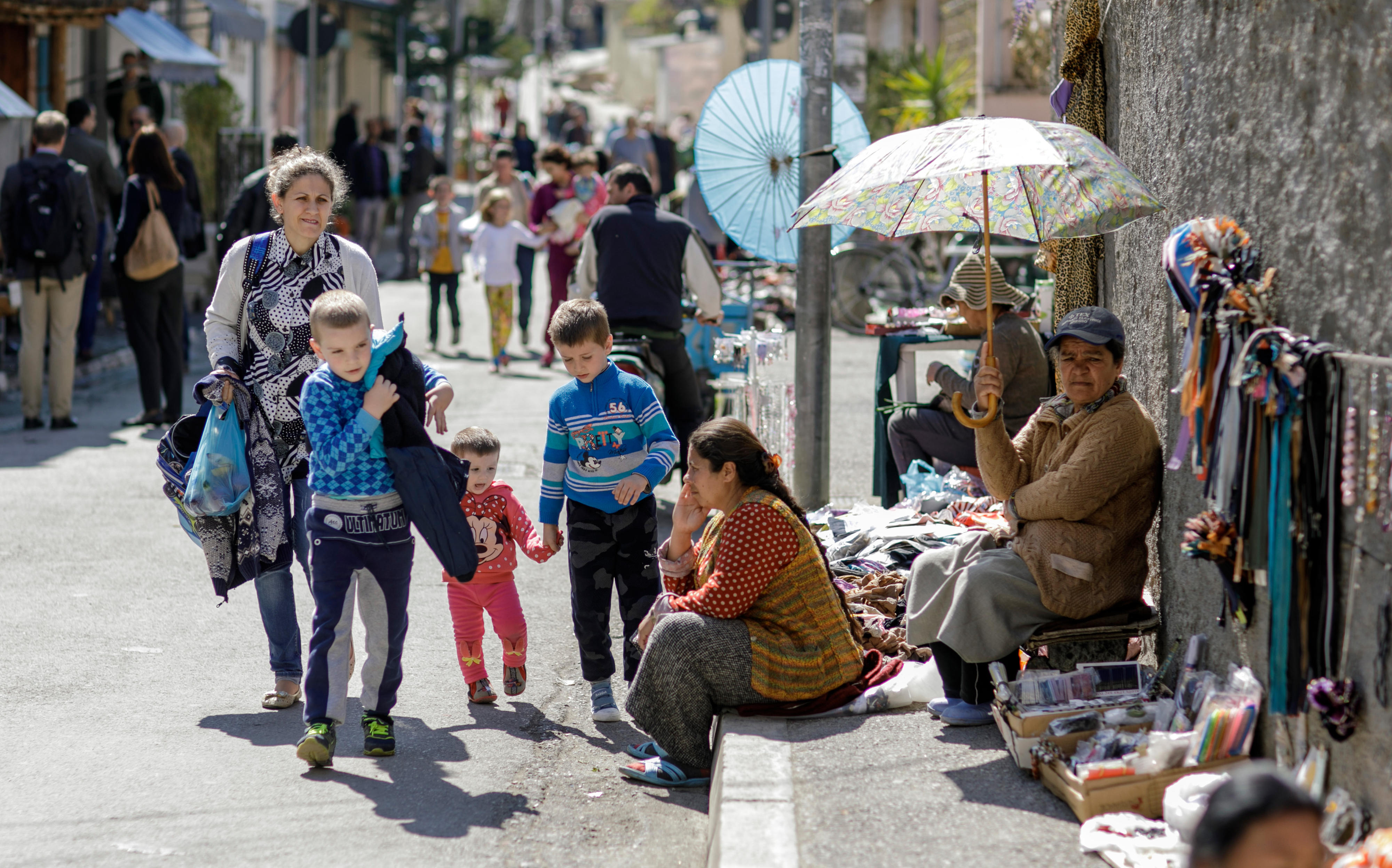Mountain landscape near Valbona, Northern Albania
Copyright© Ervin Gjata, via pixabay, CC0
Albania
Among policymakers and within society in Albania, there is a basic consensus in support of democracy and the rule of law, a market-based economy, NATO membership (since 2009) and a regional policy that is geared towards mutual understanding. Albania's most important foreign policy goal is to become a member of the European Union. In 2014, the country was awarded candidate status by the EU. The official negotiations on accession began in 2022.
The most urgent task in terms of domestic policy are the improvement of people's living conditions and the creation of jobs, especially in rural regions. Poor infrastructure, inadequate public services and a lack of economic opportunities are causing people, especially young people from rural areas, to leave for the cities or for other countries.
Albania is suffering from the economic impacts of Russia’s war of aggression in Ukraine, for instance from rising energy prices. Germany is supporting Albania in its efforts to improve the power supply and increase energy efficiency. Germany also helped Albania cushion the impact of the COVID-19 pandemic. This included topping up Albania’s credit guarantee fund so as to boost the solvency of small companies.
German development cooperation with Albania
Albania is one of the transformation partners of the Federal Ministry for Economic Cooperation and Development (BMZ). In the case of these countries in the EU’s neighbourhood the BMZ supports political and economic transformation processes and efforts to increase alignment with the European Union (introduction of the EU’s acquis communautaire, i.e. the binding rights and duties of all EU members).
At political talks and government negotiations, the Albanian and the German side agreed to focus cooperation on the following core areas.
- Sustainable economic development, training and employment
Areas of intervention: technical and vocational education and training, private sector and financial sector development - Climate and energy, just transition
Areas of intervention: renewable energy and energy efficiency, sustainable urban development (transport, waste water, waste)
Other areas of cooperation are good governance and making migration work for development.
The activities under German development cooperation focus on Albania’s most urgent needs and contribute directly to bringing living conditions to EU level.
Germany is the country’s largest bilateral donor and has committed more than 1.2 billion euros since cooperation began, mainly in the form of reduced-interest loans. Government negotiations are held every two years. In December 2022, the BMZ committed 74.3 million euros in new funding to Albania. This comprises 69.3 million euros for Financial Cooperation and five million euros for Technical Cooperation. In 2021/2022, an additional 34.5 million euros were made available, including from the COVID-19 emergency support fund, to support ongoing projects.
Albania also benefits from numerous multi-country regional projects run by the BMZ. Examples include the Open Regional Funds for foreign trade, energy efficiency, municipal services, EU integration and biodiversity.
The next government negotiations are scheduled to take place in mid-2024.
SDG trends for Albania
- On track or maintaining SDG achievement
- Moderately improving
- Stagnating
- Decreasing
- Trend information unavailable























